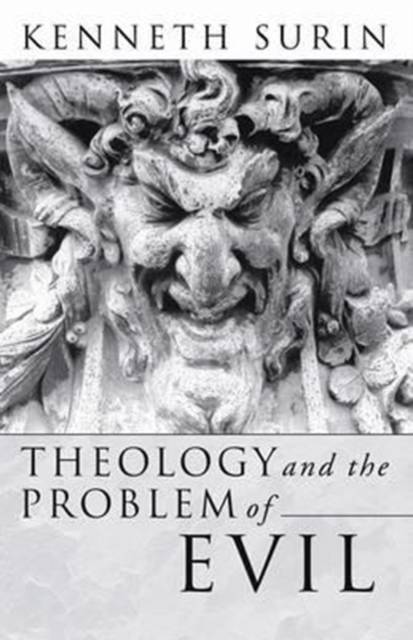
- Retrait gratuit dans votre magasin Club
- 7.000.000 titres dans notre catalogue
- Payer en toute sécurité
- Toujours un magasin près de chez vous
- Retrait gratuit dans votre magasin Club
- 7.000.0000 titres dans notre catalogue
- Payer en toute sécurité
- Toujours un magasin près de chez vous
Description
One of the most profound problems that theologians are called on to address is the presence of evil and suffering in the world, and how this can be reconciled with the assertion of an omnipotent and morally perfect God. This book begins by showing how the problem of evil has been inextricably bound up with the problematic deity created by the philosophical theism of the Enlightenment and perpetuated ever since, demonstrating how contemporary theodicists have failed to perceive the historical and cultural determinants which affect their theorizing. Dr. Surin argues that thinking on the problem of evil consists of two fundamental perspectives. He labels these the theoretical and the practical approaches and examines the work of a number of theologians who typify each. Alvin Plantinga, Richard Swinburne, the process theologians, and John Hick exemplify the theoretical approach; Dorothee Soelle, Jurgen Moltmann, and P. T. Forsyth the practical. He uses the views of Dostoevsky's character Ivan Karamazov and the protagonists in Elie Wiesel's writing as a paradigm for evaluating the two approaches, and concludes that only the practical approach has the merit of both rooting itself in the realities of human suffering, and grounding itself in the fundamental rule of what he calls an adequate grammar of salvation, namely that God justifies himself by justifying sinners on the cross. Finally, Dr. Surin explores this grammar of the notion of an incarnate salvation with particular reference to the need for a messianic and practical solidarity with those who are afflicted. This thought-provoking book will serve both as an introduction to those new to the ideas of theodicy, and as a stimulating essay for those dissatisfied with conventional studies of theology and the problem of evil.
Spécifications
Parties prenantes
- Auteur(s) :
- Editeur:
Contenu
- Nombre de pages :
- 192
- Langue:
- Anglais
Caractéristiques
- EAN:
- 9781592449811
- Date de parution :
- 29-10-04
- Format:
- Livre broché
- Format numérique:
- Trade paperback (VS)
- Dimensions :
- 154 mm x 215 mm
- Poids :
- 240 g

Les avis
Nous publions uniquement les avis qui respectent les conditions requises. Consultez nos conditions pour les avis.






